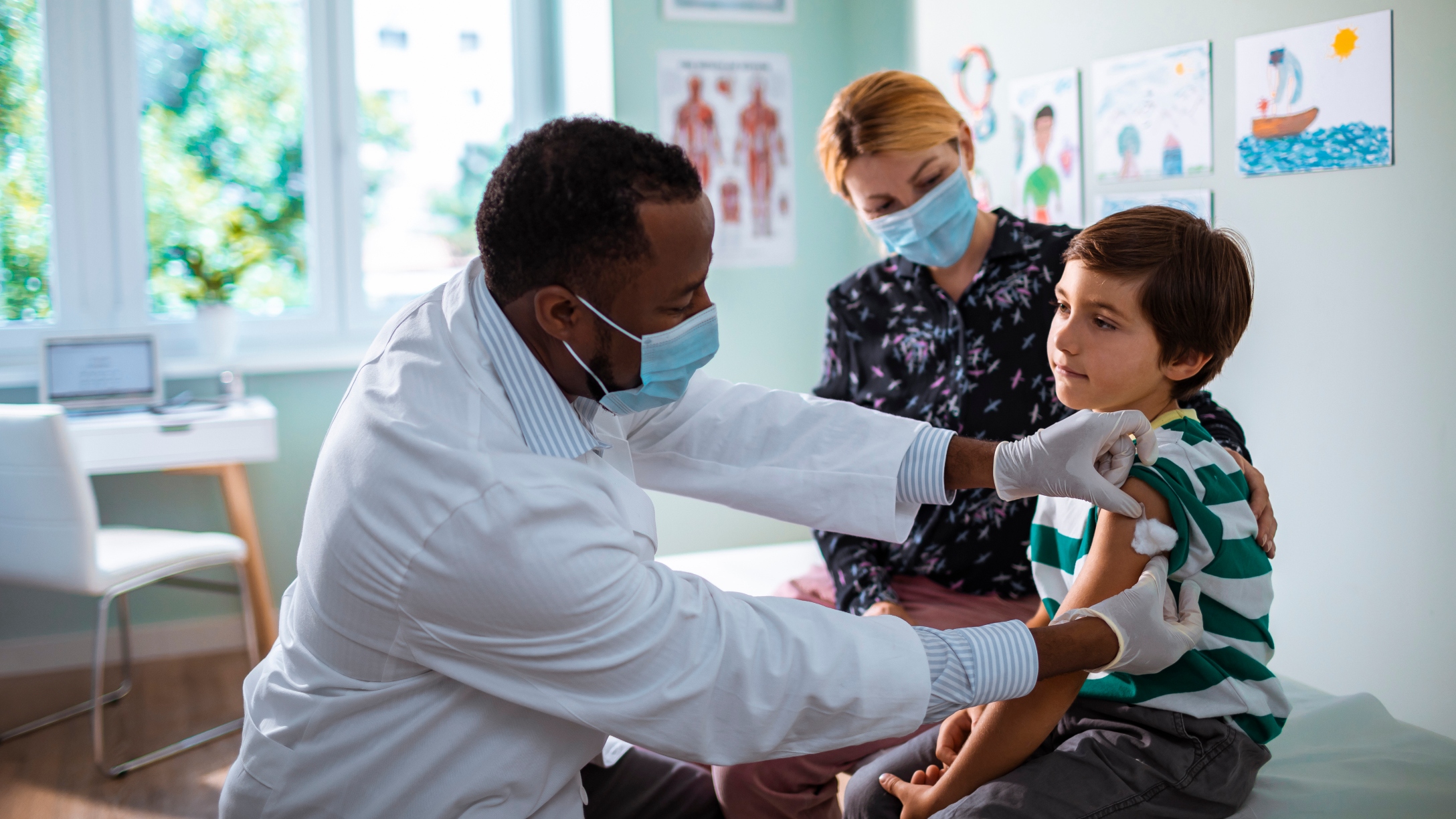
Now that COVID-19 vaccines are becoming more widely available, you might be wondering what to expect when it comes to your children being vaccinated. As expected, COVID-19 vaccines for children are now undergoing clinical trials.
While it will be some time before they are available for the general public, that time is coming, so as a parent or guardian, you want to be armed with knowledge regarding what to expect in the coming months.
Who has completed a clinical trial for children?
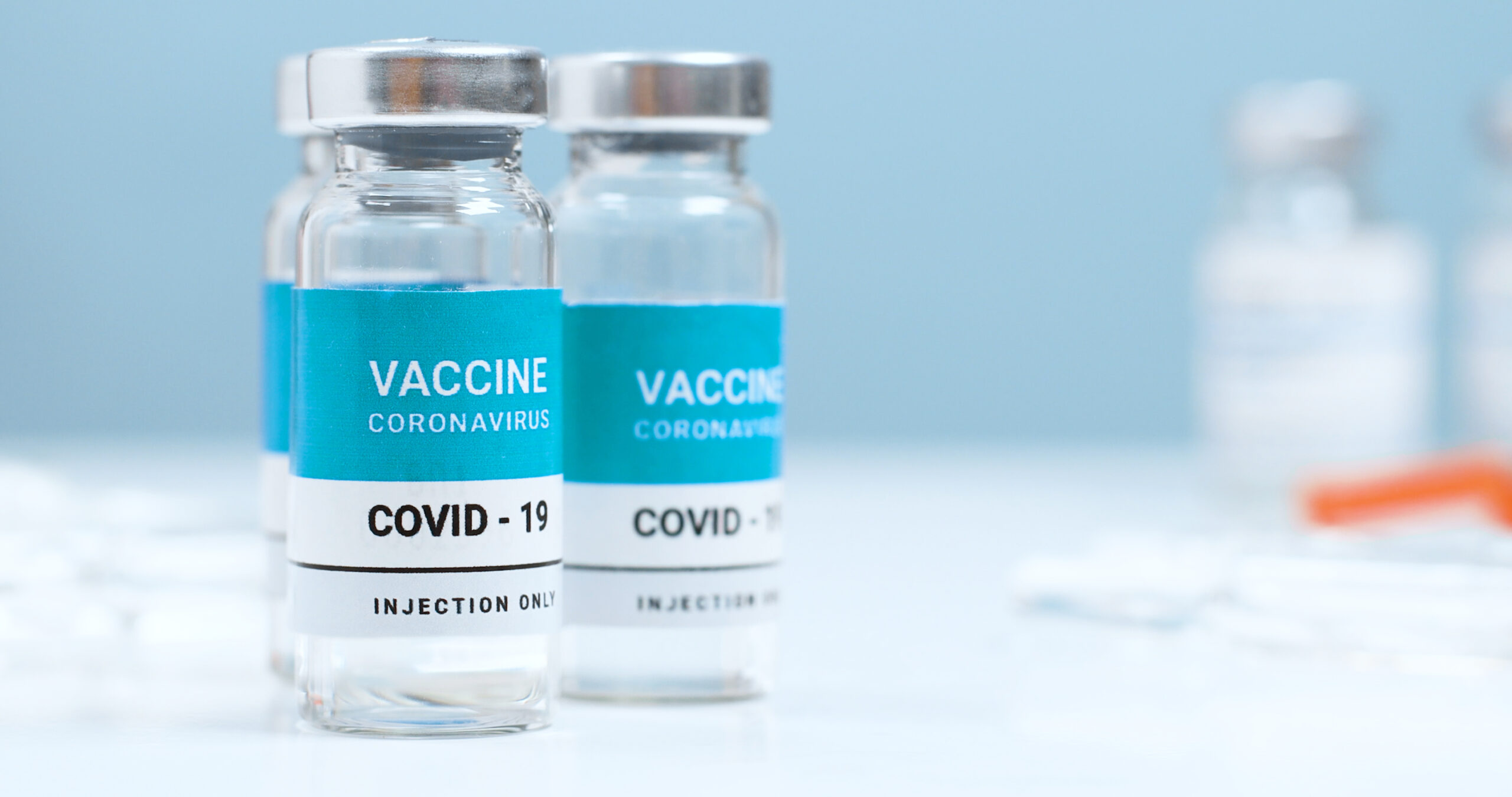
The typical strategy for completing clinical trials is to do so for older populations before moving on to younger people. In the case of the COVID-19 clinical trials, that strategy is sticking true.
The Food and Drug Administration has approved the Pfizer COVID-19 vaccine for those 16 and older, while the Centers for Disease Control and Prevention has approved the Moderna vaccine and Johnson & Johnson's Janssen vaccines for those 18 and older.
Currently, there's no vaccine available for children under 16, as it's still going through clinical trials.
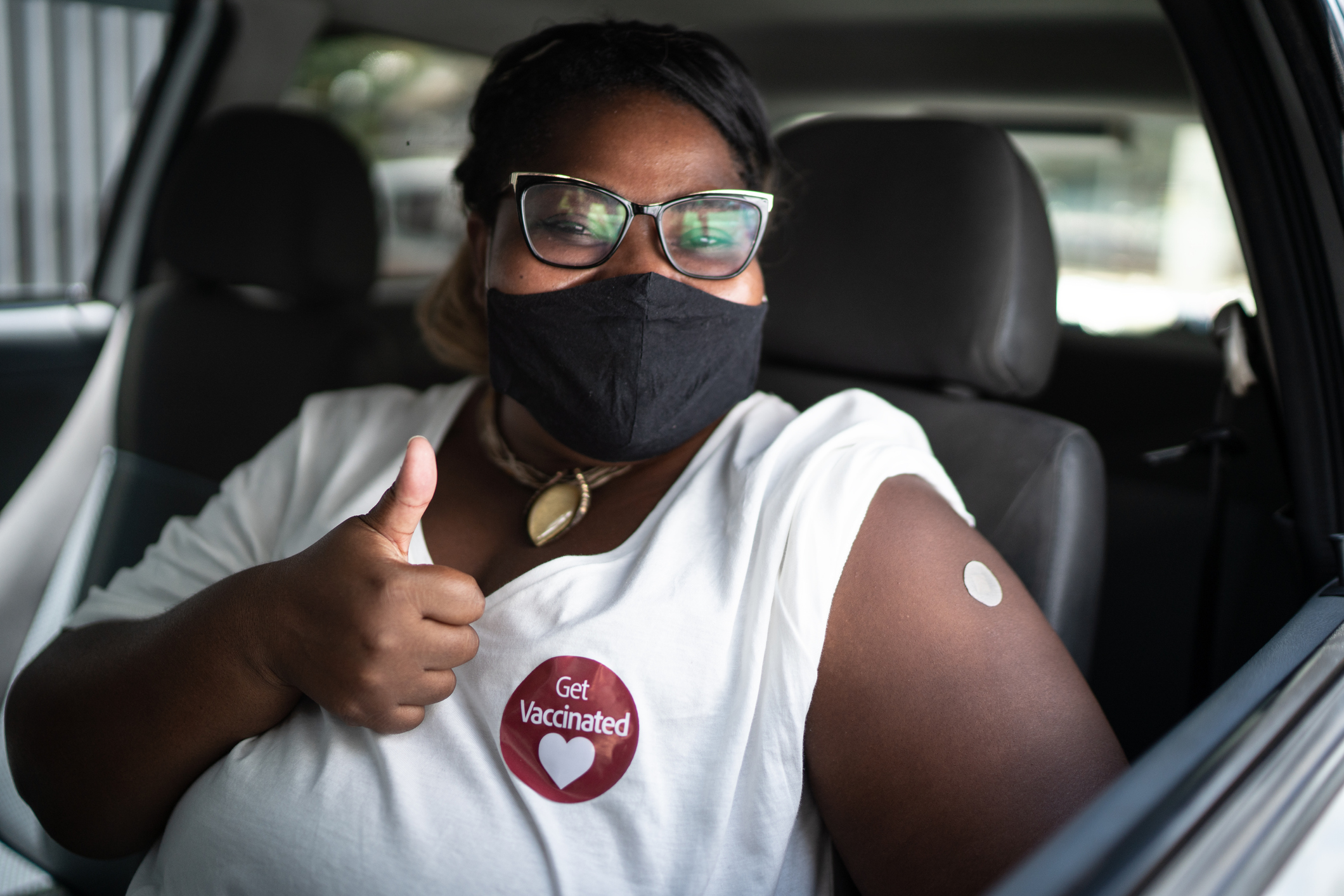
Pfizer completed a phase 3 clinical trial, including over 2,000 children ages 12 to 15, in July 2020. CNBC reports that Pfizer has recently begun a trial for children ages 6 months to 11 years old.
Moderna is also in the midst of conducting a clinical trial for children ages 6 months to 11 years old and another for older children 12 to 17 years old.
We can expect Johnson & Johnson to begin similar trials soon. As of early March 2021, New York Magazine reported that the company would start testing the vaccine on infants and newborns.
Do clinical trials guarantee safety?
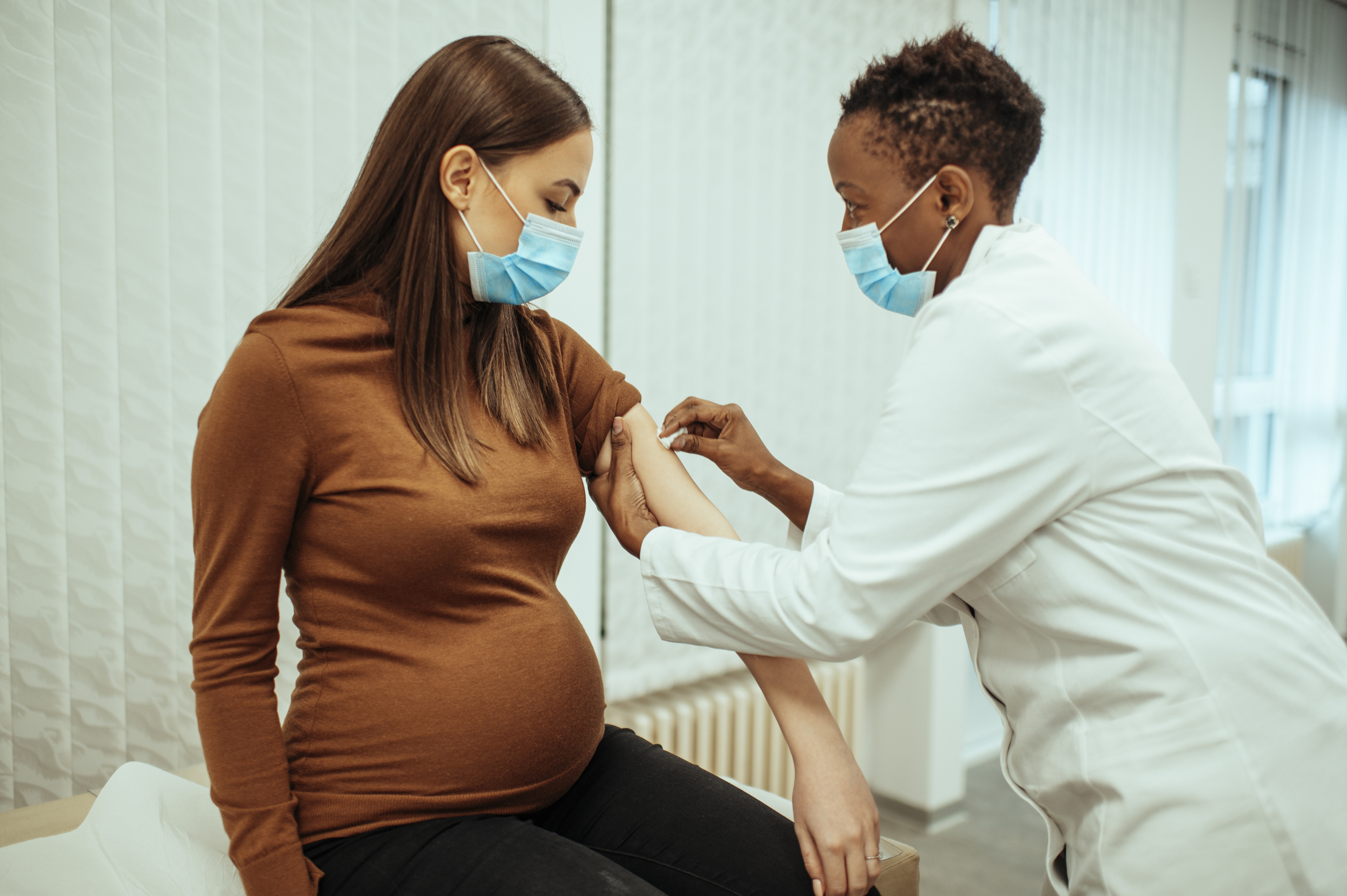
There's truly never a guarantee in medicine, since no one knows how your specific body will react to any given substance or treatment.
However, the COVID-19 clinical trials are designed to test safety as much as possible.
Yale professor Onyema Ogbuagu, who led the university's Pfizer trials, stated that it took up to three months to gather enough data on how the vaccine impacted children. The FDA then required an additional two months of safety data after administering the second shot. Finally, the FDA plans up to another four weeks to review the results before giving its final decision.
With the high level of safety testing, it's clear that the FDA and vaccine manufacturers will be doing their best to ensure safety before making it available to children.
The CDC has determined that COVID-19 vaccines are safe in adults. Studies have found that children have similar side effects as adults, including pain and swelling near the injection site, fever, chills, headache, and fatigue.
When should I expect COVID-19 vaccines to be available?
While there's no guarantee as to when vaccines will be available for children or which children will be prioritized as they do become available, here's what experts are saying as of now.
Robert Frenck, who leads adult and child vaccine studies at Cincinnati Children's Hospital, has estimated that children's vaccines might be available as soon as August 2021, with younger children being pushed out to December 2021 to January 2022.
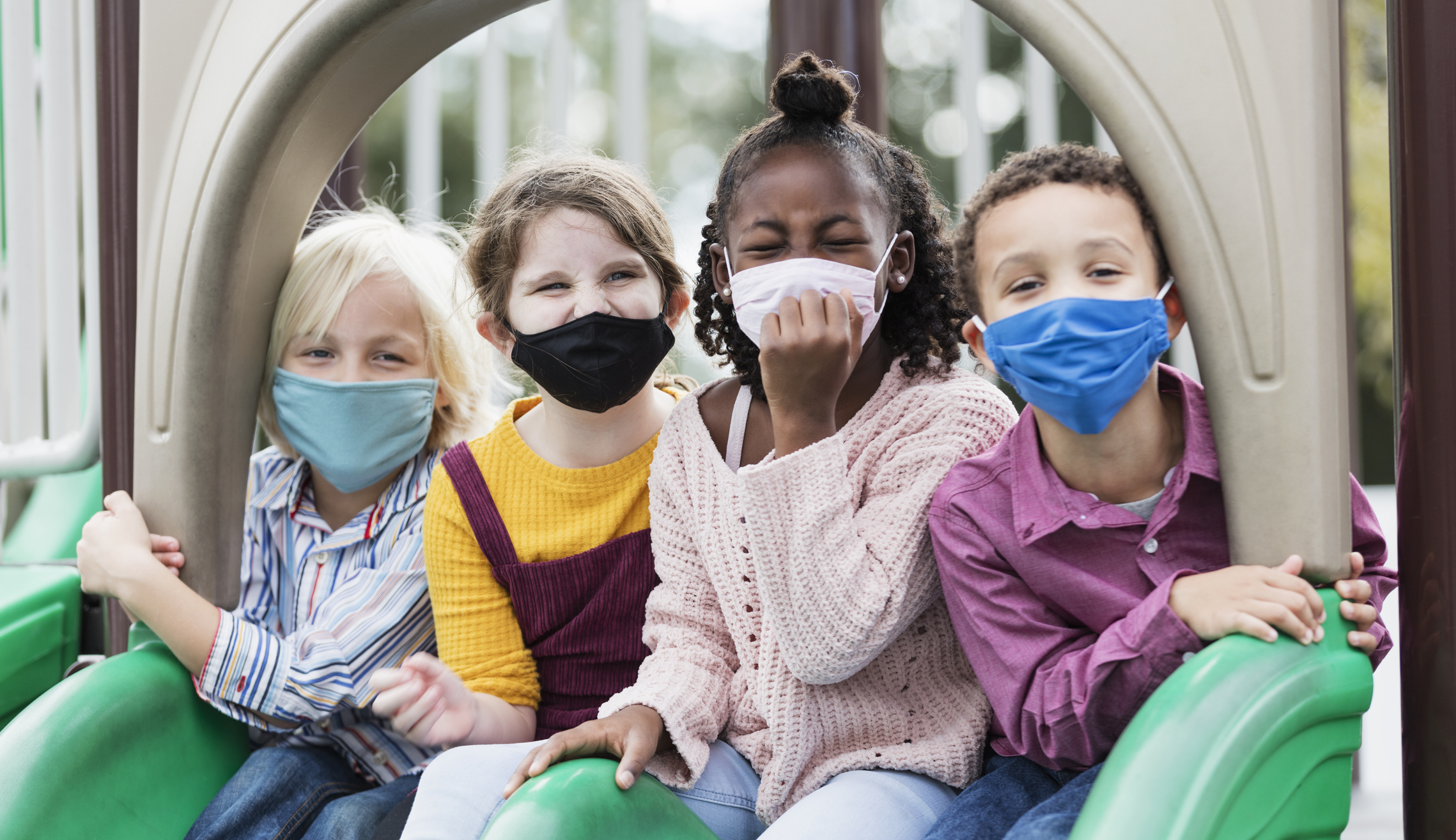
Dr. Richard Malley, an infectious disease pediatrician at Boston Children's Hospital, has stated that he believes middle and high school-age children will start receiving vaccines by the end of 2021, with younger children receiving theirs in 2022.
What's the importance of children being vaccinated?

As of March 2021, more than 3.28 million children have tested positive for COVID-19, which accounts for approximately 13% of cases in the United States.
Thankfully, children are less likely to experience severe illness or death due to a COVID-19 diagnosis, though the American Academy of Pediatrics reports that 268 children have died due to COVID-19-related complications.
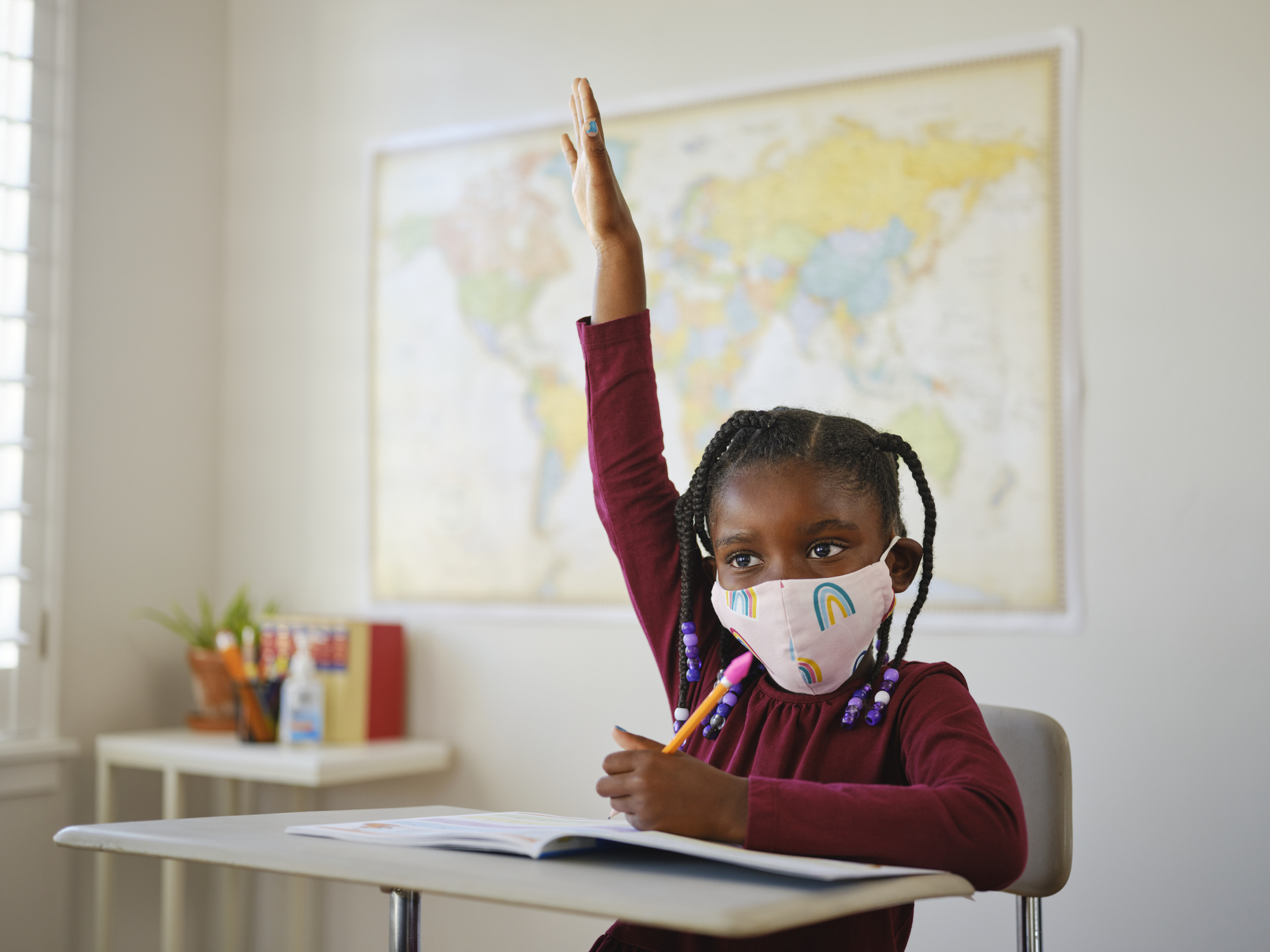
The possibility of death, among other reasons, is why medical experts continue to stress the importance of getting them vaccinated when possible.
One argument is that receiving the vaccine will lessen the severity of complications if they contract the virus.
Additionally, kids who receive the vaccine will offer an added level of protection for the at-risk older adults in their lives.
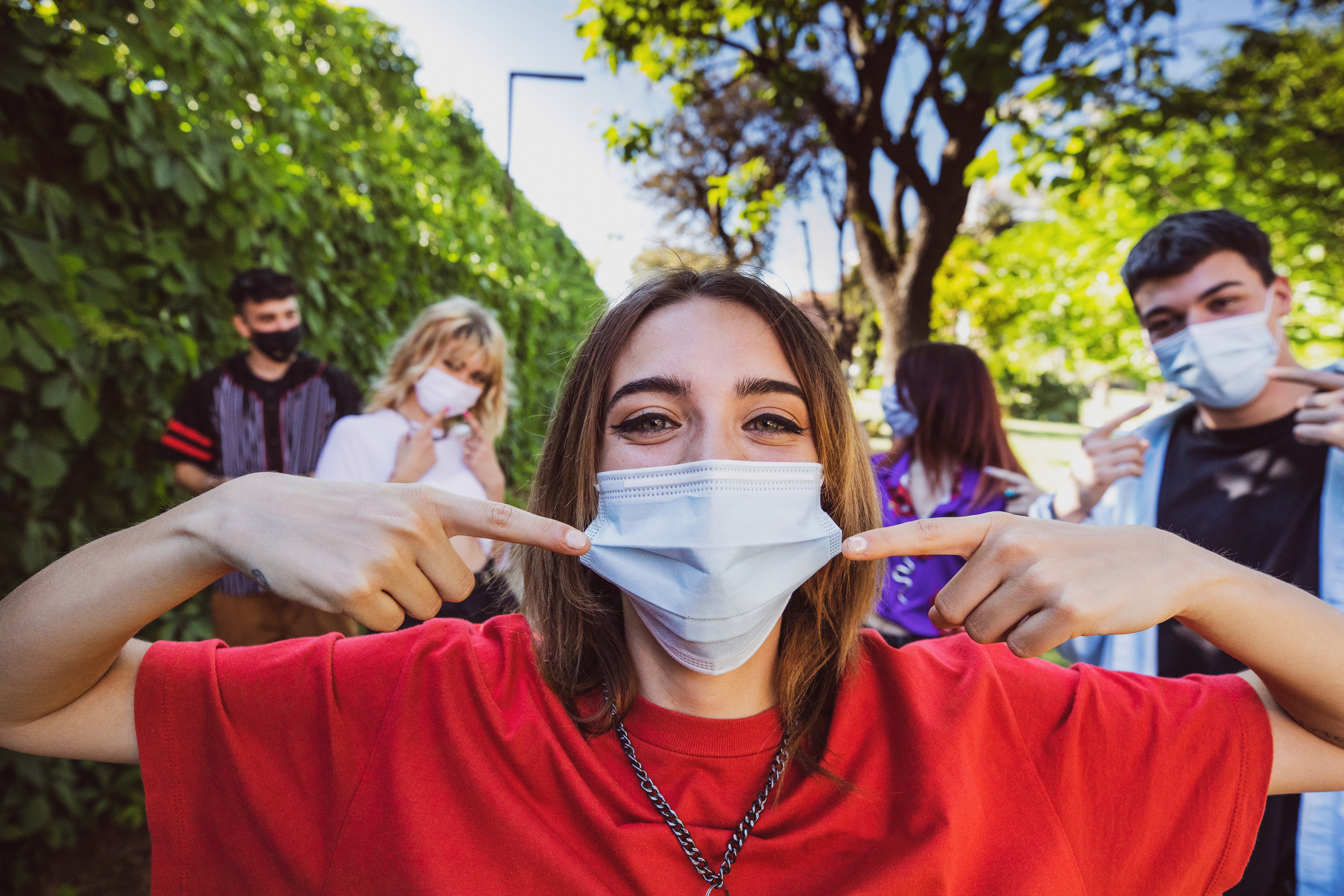
One more major point to consider is that those under 21 years old make up 25% of the US population. The more children who receive the vaccine, the closer we will get to herd immunity, in which the virus has fewer people to infect, slowing the spread of COVID-19.
Scientists estimate that 70% to 90% of the population will need to be vaccinated for herd immunity to occur, so vaccinating the youth is a major part of the equation.
What are parents concerned about regarding the vaccine?

Although the medical community is urging parents to prepare to vaccinate, according to a poll conducted by Verywell Health, over one-third of adults in the United States don't plan to immunize their children using the COVID-19 vaccine, for various reasons.
Some believe there's a low risk of infection in children, so there's no real urgency in vaccinating at this time, especially when such a new vaccine is being promoted.
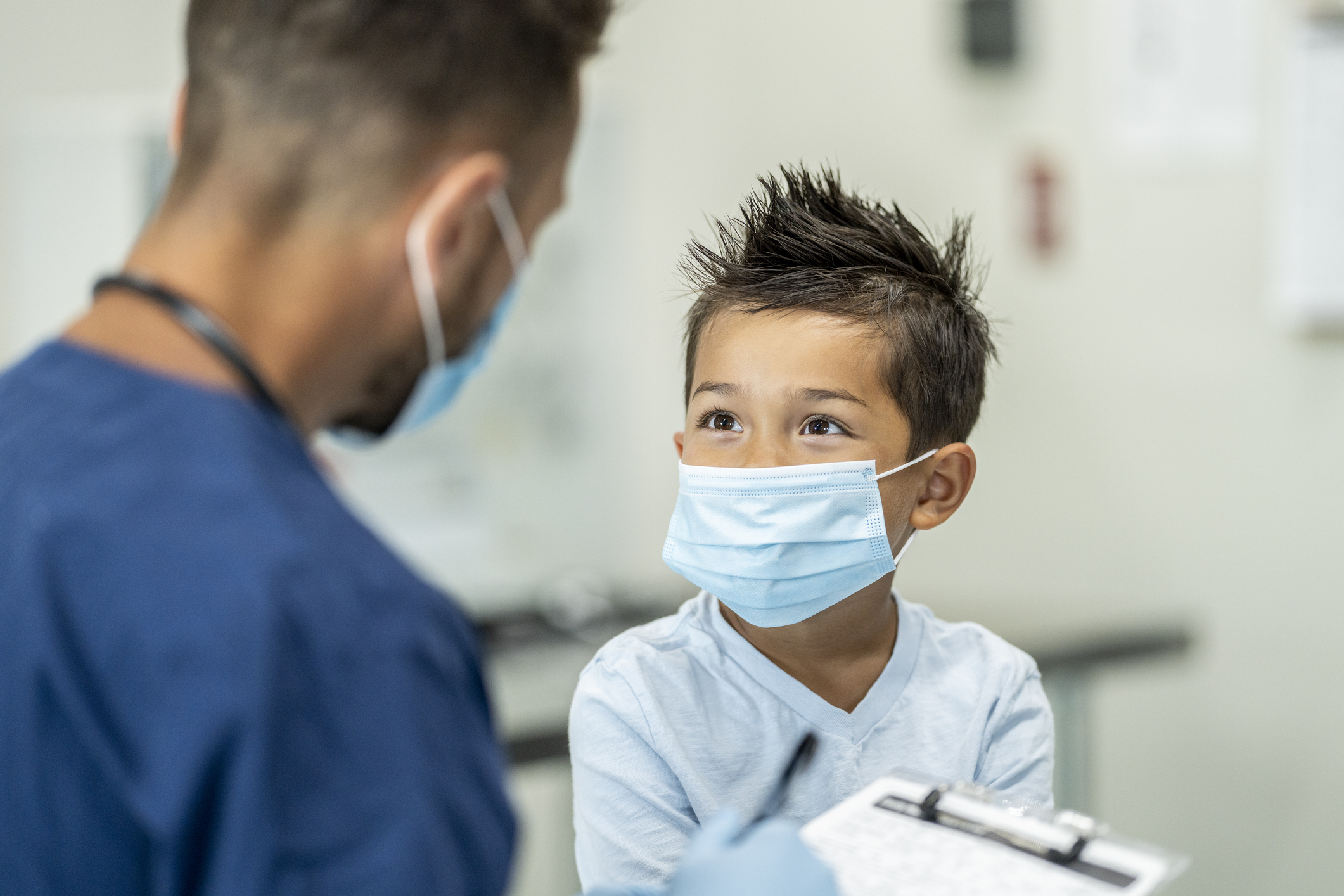
Other parents are on the fence and waiting for more information to decide. Traneau King, mother to an 8-year-old son, is like many parents in that she plans to wait and see before making a determination:
"I am honestly not sure. I have not seen enough research to explain the effects that the vaccine will have on children. I want to ensure that I have all the information I need before I make a decision. The virus is so unpredictable, and now there are multiple strains plaguing the country. I want to do my part to protect others, but most importantly, I want to do what is in the best interest for my child's health."
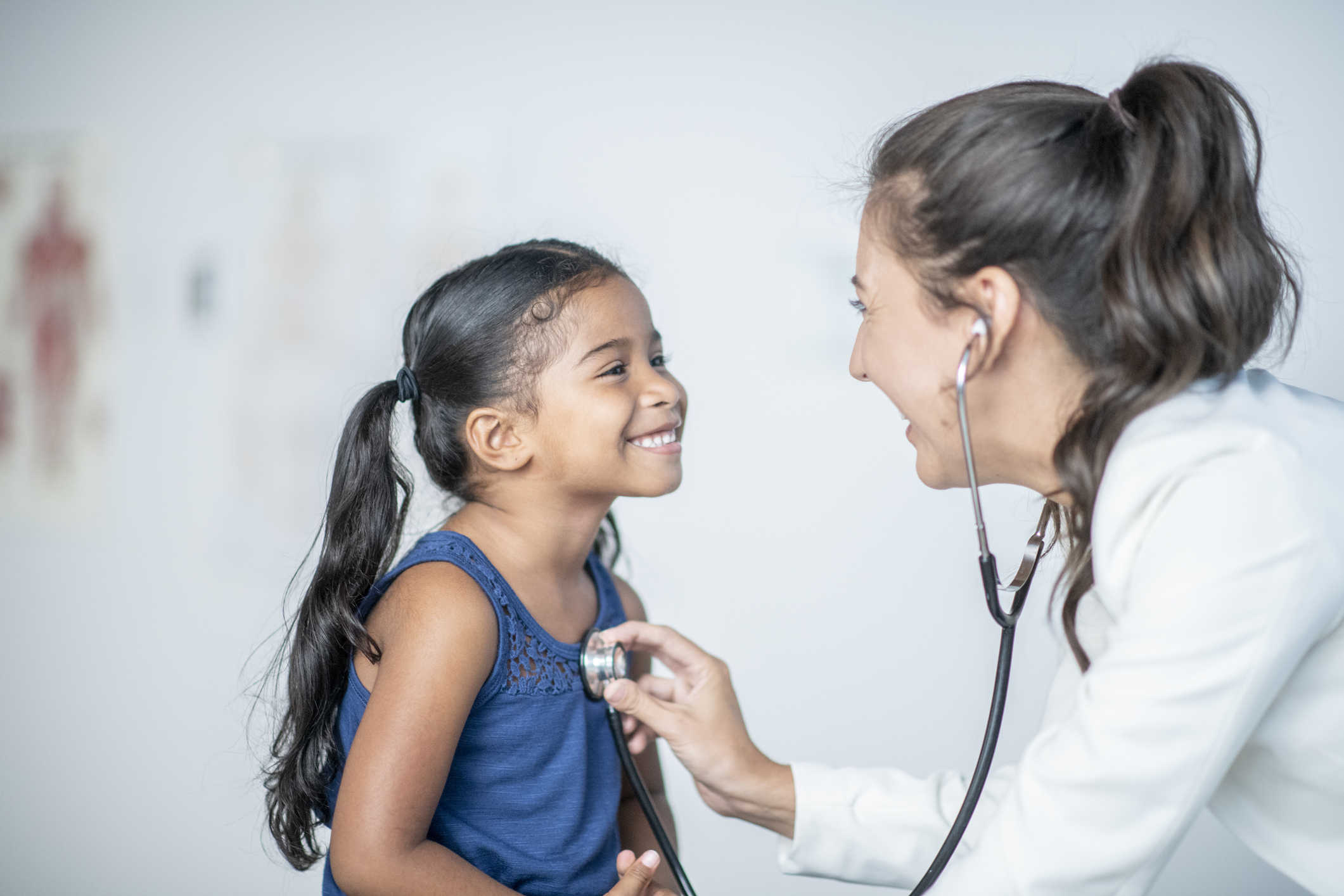
Regardless of where you stand currently regarding the COVID-19 vaccine, soon it will be time to make a major decision regarding whether to vaccinate your children or not.
As trials are completed, be sure to stay up to date on the latest so you can make an informed decision for your family.







